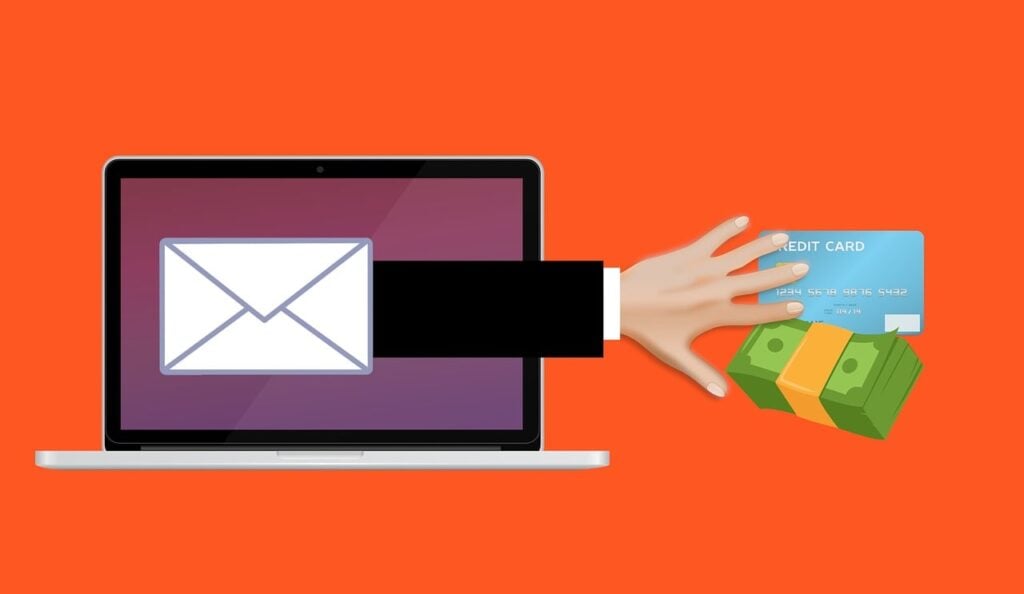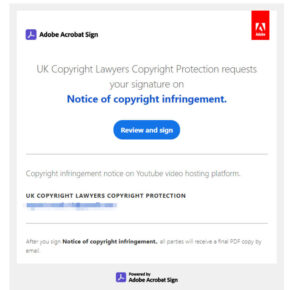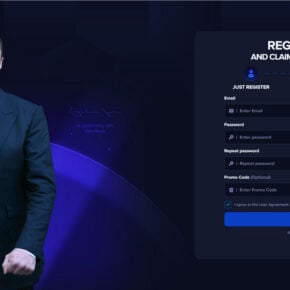A new scam is making the rounds, tricking unsuspecting victims with the promise of a high-end cookware set supposedly valued at $899.99. The bait? A fake Costco “Answer & Win” giveaway claiming to offer a free 12-piece HexClad Hybrid Perfect Pots set. While the offer appears enticing, it’s a well-crafted scam designed to steal your credit card information and enroll you in expensive, unauthorized monthly subscriptions. Here’s everything you need to know to avoid falling into this trap.

Scam Overview
The scam begins with an email that appears to come from Costco Wholesale, often using familiar branding, colors, and even formatting that mimics the legitimate retailer. The subject lines are crafted to create urgency and excitement, such as:
- “Congratulations! You’ve been selected to receive a HexClad Cookware Set!”
- “Only a few left in stock! Claim yours now!”
- “Answer and Win! Your $899.99 HexClad Set is Waiting!”
Upon opening the email, users are presented with what looks like a legitimate promotion. The email showcases high-quality images of HexClad cookware, complete with the Costco logo and persuasive copy suggesting a limited-time offer. Victims are told they must act fast due to limited stock availability, a classic urgency tactic commonly used in scams.
The email directs users to a website such as topwinningsoffers.com, a phishing domain that has no affiliation with Costco or HexClad. Once there, users are asked to complete a short questionnaire, reinforcing the illusion of a genuine promotional survey. The site then congratulates the user and instructs them to claim their prize by providing personal and payment information under the pretense of “covering shipping costs.”
What the victims don’t see is buried in the fine print—terms that enroll them in a recurring monthly subscription service unrelated to cookware. These subscriptions often range from $50 to $100 per month and are difficult to cancel. The services typically offer vague or valueless benefits such as “consumer direct savings,” a front for billing users without delivering any tangible product or service.
Despite appearances, Costco and HexClad have publicly confirmed they are not involved in this promotion. Their names and logos are being used without authorization to lend credibility to the scam.
Red Flags to Watch Out For
- Unsolicited emails offering high-value items for free
- Urgent calls to action like “only a few left” or “limited-time offer”
- Requests for personal or payment information to “cover shipping”
- Web domains that do not match the official company URL
- Fine print that includes subscription enrollment
How the Scam Works
The structure of the Costco HexClad scam is meticulously designed to trick users at every step. Here’s a detailed breakdown of how the scheme unfolds:
Step 1: The Bait Email
Scammers send out mass emails pretending to be from Costco. These messages use persuasive language and professional design to mimic a real promotional campaign. The goal is to grab the recipient’s attention and create a sense of urgency.
Step 2: Fake Giveaway Landing Page
Clicking on the email link redirects users to a website like topwinningsoffers.com. The site is designed to resemble Costco’s online presence, complete with images of HexClad cookware and fake user testimonials. The page prompts visitors to answer a few easy questions, claiming that completion qualifies them for a free cookware set.
Step 3: Personal Information Collection
Once the survey is completed, the site informs users they have “won” and must only pay a small shipping fee to claim their prize. Victims are asked to provide their name, address, phone number, and credit card information.
Step 4: Hidden Subscription Trap
The shipping fee is often just a few dollars, which seems harmless. However, buried in the terms and conditions (often in small, hard-to-read text), users unknowingly agree to a subscription service. These subscriptions are typically for unrelated services and are charged monthly without explicit consent.
Step 5: Recurring Charges Begin
Most victims don’t realize they’ve been subscribed until they notice unfamiliar charges on their bank or credit card statements. These charges range from $50 to $100 and are labeled with generic names that obscure their connection to the original scam.
Step 6: Difficulty Cancelling
Canceling the subscription is often deliberately complicated. Contact numbers may be non-functional, emails may go unanswered, and cancellation policies are vague. In some cases, victims are told they must return a non-existent product before the cancellation is processed.
What to Do If You Have Fallen Victim to This Scam
If you’ve been tricked by this scam, take immediate action. Here’s what to do:
1. Contact Your Bank or Credit Card Provider
Inform them of the unauthorized charges and request a chargeback. Most banks have fraud departments that handle such cases and may be able to reverse the charges.
2. Cancel the Subscription
Even if it’s difficult, attempt to contact the company using any information provided. Save all correspondence. If you can’t reach them, notify your bank that the charges are fraudulent.
3. Report the Scam
- Federal Trade Commission (FTC): reportfraud.ftc.gov
- Better Business Bureau (BBB): bbb.org/scamtracker
- Internet Crime Complaint Center (IC3): ic3.gov
4. Monitor Your Accounts
Keep a close eye on your bank and credit card statements. Consider placing fraud alerts or freezing your credit with major credit bureaus.
5. Warn Others
Share your experience to raise awareness. Post on social media or scam-reporting websites to help others avoid falling victim.
The Bottom Line
The Costco HexClad Hybrid Perfect Pots Giveaway is a sophisticated scam that preys on the trust and familiarity of well-known brands. By mimicking Costco and HexClad, and using urgency tactics, scammers lure victims into a phishing trap that results in recurring financial losses. Always scrutinize such offers, verify the source, and remember—if something sounds too good to be true, it probably is.
Stay vigilant and informed to protect yourself and others from falling prey to these increasingly deceptive online scams.




